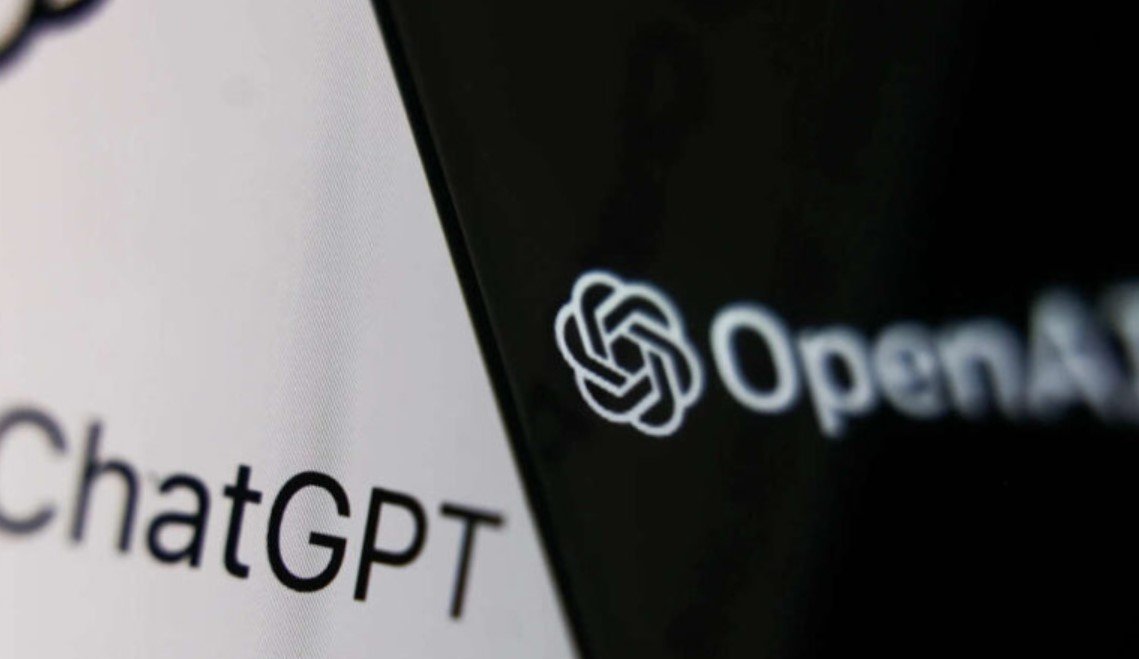In a groundbreaking move, OpenAI has revolutionized the AI landscape by removing the login barrier for ChatGPT’s free version, making it more accessible than ever before. This strategic decision is poised to expand the reach of AI technology, fostering an environment where innovation and user convenience are paramount.
A Leap Towards AI Democratization
The recent announcement from OpenAI marks a significant shift in the AI industry. By allowing users to interact with ChatGPT without the need for account creation, OpenAI is not only simplifying the user experience but also promoting a more inclusive approach to AI. This change reflects the company’s commitment to AI democratization, ensuring that the benefits of this advanced technology are available to a broader audience.

The decision to drop login requirements could potentially lead to a surge in ChatGPT’s user base, as the frictionless access invites curiosity and encourages exploration. It also aligns with OpenAI’s mission to deploy AI ethically and responsibly, as it introduces additional content safeguards to maintain a safe and respectful environment for all users.
The Implications for AI Adoption
OpenAI’s move to make ChatGPT more accessible is expected to have far-reaching implications for AI adoption across various sectors. By lowering the entry barrier, individuals and businesses alike can leverage the power of AI for a multitude of applications, ranging from education and research to customer service and content creation.
The ease of access could also stimulate innovation, as developers and creators can now experiment with ChatGPT’s capabilities without any initial commitments. This could lead to the development of new AI-powered tools and services that could transform industries and enhance productivity.
The Future of AI Accessibility
As OpenAI continues to push the boundaries of AI accessibility, the future looks promising for both users and the AI community. The company’s initiative to provide unrestricted access to ChatGPT paves the way for a new era of AI integration into daily life, where the technology becomes a ubiquitous and valuable resource for everyone.
The ongoing efforts to improve AI safety and reliability, coupled with the commitment to open access, suggest that OpenAI is leading the charge towards a more AI-inclusive future. This bold step could inspire other AI firms to follow suit, potentially ushering in a new age of AI democratization.



































